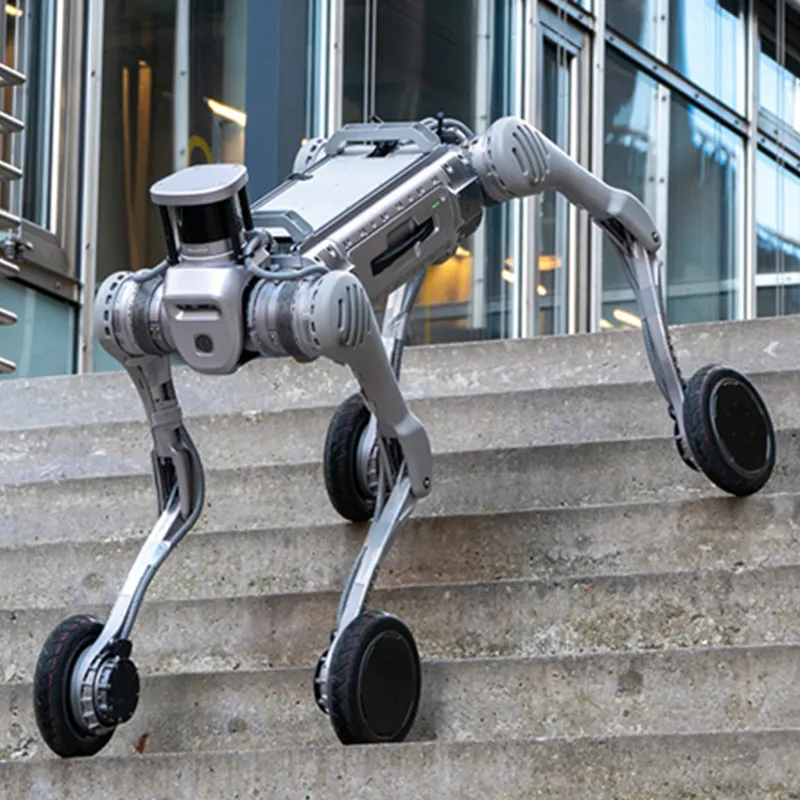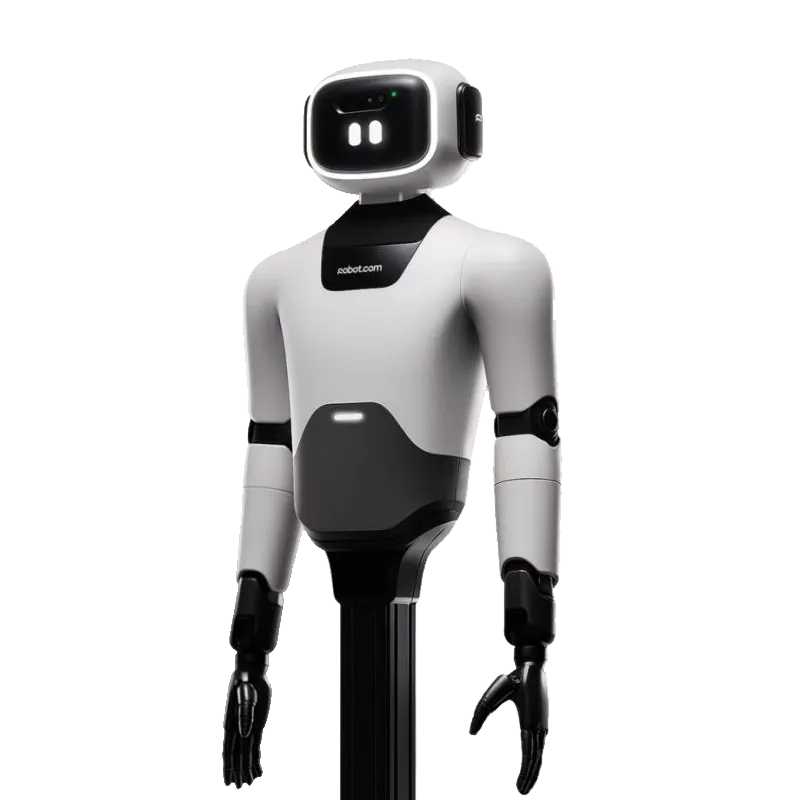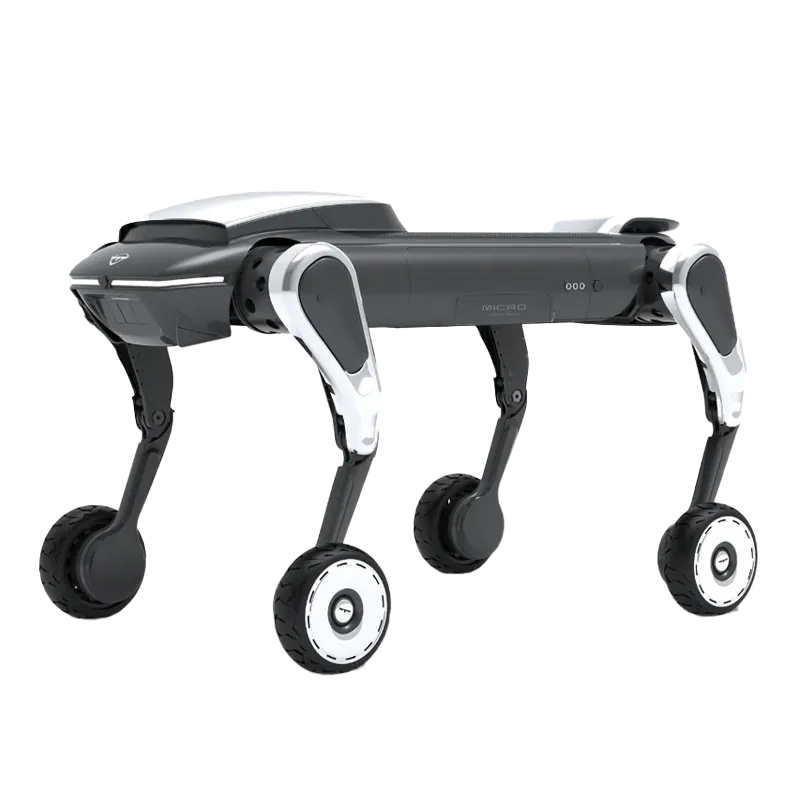Intro
RIVR began as Swiss-Mile, a university spin-off focused on creating innovative mobile robots combining wheels and legs with AI-powered control systems. The company is pioneering Physical AI, a technology integrating artificial neural networks and innovative robot design to solve the challenging last-mile delivery problem, especially the "last 100 yards" to customers' doors, which has long been a costly and inefficient logistics segment. By combining legged and wheeled locomotion, RIVR's robots can navigate complex residential and urban environments — including stairs, curbs, and rough terrain — with agility and autonomy, without relying on pre-mapped routes or remote operation. Their mission is to scale and create a fleet of over a million delivery robots globally, enhancing delivery efficiency, sustainability, and safety. With a $22 million seed funding round co-led by Jeff Bezos through Bezos Expeditions, RIVR is rapidly growing and entering global markets such as the US via strategic partnerships with logistics firms like Veho and Evri.
Robots
- RIVR ONE: A wheeled-legged, multimodal autonomous delivery robot designed to seamlessly navigate urban last-mile logistics. It integrates Physical AI technologies, allowing navigation over complex terrains such as stairs and obstacles typically encountered in residences and dense city areas. This robot balances the energy efficiency of wheels for longer distances and the adaptability of legs for complex terrains.
- Physical AI Platform: The underlying technology combines artificial neural networks with unique mechanical design to enable autonomous perception, decision-making, and motion that emulate human adaptability in logistics environments.
Specialism
- Multimodal Mobility: Robots combine wheels and legs to achieve both fast, efficient travel on flat surfaces and robust navigation over stairs, curbs, and difficult urban terrain.
- Physical AI: Uses onboard artificial intelligence and neural networks to perceive the environment in real-time, adapt to unforeseen obstacles, and autonomously plan navigation without prior mapping.
- Last-Mile & Last-100-Yards Delivery: Robots are optimized to solve the critical final segment of delivery by moving goods directly from the vehicle to the customer’s doorstep, increasing throughput and reducing human labor.
- Energy Efficiency & Sustainability: The integrated mobility design reduces energy consumption compared to purely legged robots while enhancing usability versus wheeled-only robots or drones.
- Autonomous Operation: Eliminates the need for remote control or pre-programmed routes, able to operate safely and effectively in unstructured real-world residential environments.
Business Viability
RIVR demonstrates strong business viability with significant seed funding ($22 million), including investment from Bezos Expeditions. It has rebranded to align with growth ambitions and is actively deploying pilots in major markets such as the US and Europe through partnerships. The company employs a focused team and is rapidly progressing from research to scalable commercialization. Its innovative approach addressing inefficiencies in e-commerce logistics positions it well to capture growing demand for autonomous delivery solutions in urban and suburban settings. The early technical milestones, industry partnerships, and clear market need support its potential for sustained growth and impact.











